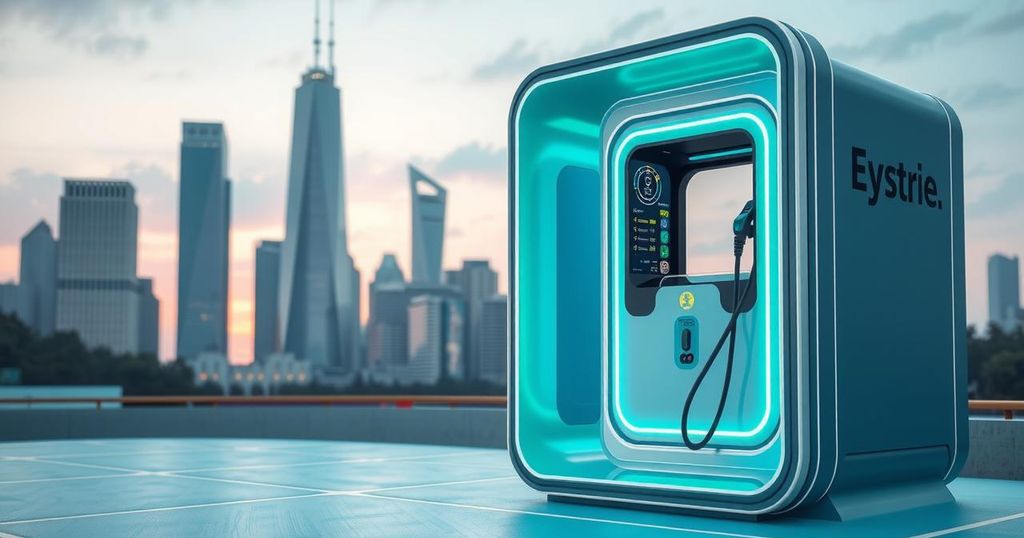BYD Advances EV Technology as Tesla Faces Challenges Amid Competitive Landscape

BYD’s breakthrough in five-minute EV charging threatens Tesla’s market position as the latter faces stock declines and criticism over its aging lineup. Meanwhile, Audi and Alfa Romeo are wavering on their all-electric plans, and Nissan partners with SK On to enhance battery production for future EVs, showcasing a critical shift in the automotive industry’s approach to electrification.
Tesla has recently faced significant challenges as Chinese automaker BYD has made notable advancements in electric vehicle (EV) technology, particularly with its five-minute charging capability. This innovative technology is seen as a potential game-changer in the EV market, contrasting sharply with Tesla’s established yet aging model lineup, prompting some investors to question Tesla’s strategic direction. In the wake of this development, the shift towards EVs by leading luxury brands like Audi and Alfa Romeo seems uncertain, as both manufacturers reevaluate their timelines for transitioning fully to electric models.
BYD’s rapid advancement in EV fast-charging technology, allowing for 1,000 kW of DC fast charging, enables its vehicles to gain approximately 250 miles of range in five minutes. This revolutionary speed effectively counteracts objections regarding the time required for EV charging compared to traditional gas vehicles. As BYD prepares to launch its new Super e-Platform EVs at a competitive price in China, it raises questions about Tesla’s current market position and innovation capabilities amid declining stock prices and waning public perception.
Meanwhile, Audi has expressed hesitancy regarding its commitment to an all-electric future, with Gernot Döllner emphasizing the need to reassess timelines due to setbacks in their electric strategy. Similarly, Alfa Romeo has moderated its electric ambitions, now planning to retain combustion engines and introduce hybrid options, reflecting broader hesitations facing the Western automotive industry.
In a separate development, Nissan has secured a partnership with SK On for battery production in the U.S., aiming to bolster its EV offerings by 2028. This agreement signifies Nissan’s commitment to enhancing local manufacturing capabilities for its next-generation electric vehicles, backed by substantial investments to support job creation and electrification efforts, despite uncertainties about future model launches.
Ultimately, the innovations in rapid EV charging by BYD raise intriguing questions about consumer acceptance and the market dynamics in the U.S. Should affordable EVs boasting fast charging capabilities become available, they could significantly impact the electric vehicle landscape, fostering broader acceptance among potential buyers.
The landscape of the electric vehicle market is rapidly evolving, characterized by significant innovations from companies like BYD that challenge established industry leaders such as Tesla. While Tesla continues to grapple with public perception and internal challenges, other manufacturers, including Audi and Alfa Romeo, are hesitating to commit fully to electric transitions. Conversely, Nissan is making strides by partnering with SK On for battery production, signaling a proactive approach to securing its foothold in the electric vehicle space. Should viable alternatives to traditional vehicles emerge, consumer demand for EVs may drastically change, particularly in markets like the U.S.
Original Source: insideevs.com




